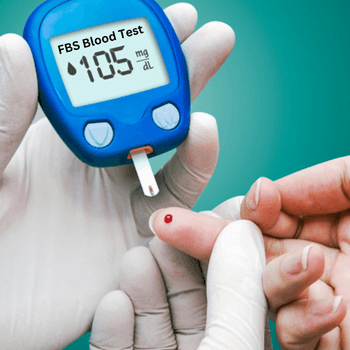Sample Required : Blood
Pre Requisite : No Fasting Required
Identifies : An inflammatory process in the body.
What is ESR (Erythrocyte Sedimentation Rate)?
An ESR (Erythrocyte Sedimentation Rate) test measures the rate at which red blood cells (also known as erythrocytes) settle in a test tube over a specified period of time. This test is a marker of inflammation and helps detect or monitor various inflammatory diseases, such as infections, autoimmune disorders, certain cancers, and tissue damage.
Erythrocyte Sedimentation Rate (ESR) Test Parameters
The ESR blood test consists of a single parameter, the rate of sedimentation of erythrocytes (red blood cells). The blood sample is placed in a test tube that is held upright, and the rate at which red blood cells settle to the bottom of the test tube in an hour is measured.
Interpretations
The normal reference range for Erythrocyte Sedimentation Rate (ESR) is:
| Men | 0-15 millimeters per hour (mm/hr), or 0-20 mm/hr for men older than 50 |
| Women | 0-20 mm/hr, or 0-30 mm/hr for women older than 50 |
| Children | 0-10 mm/hr |
| Newborns | 0-2 mm/hr |
High ESR can be seen in:
- Inflammatory diseases such as Arthritis (Inflammation of joints), vasculitis (Inflammation of blood vessels)
- Infections, such as pneumonia, pelvic inflammatory disease, appendicitis, skin infection, bone infection, heart valve infection
- Autoimmune diseases, such as systemic lupus erythematosus or rheumatoid arthritis
- Chronic kidney disease
- Viral infections
- Pregnancy
- Cancer, such as lymphoma or multiple myeloma
Low ESR can be seen in:
- Congestive heart failure
- Polycythemia
- Sickle cell disease
- Severe liver disease
- Hypofibrinogenemia








Reviews
There are no reviews yet.